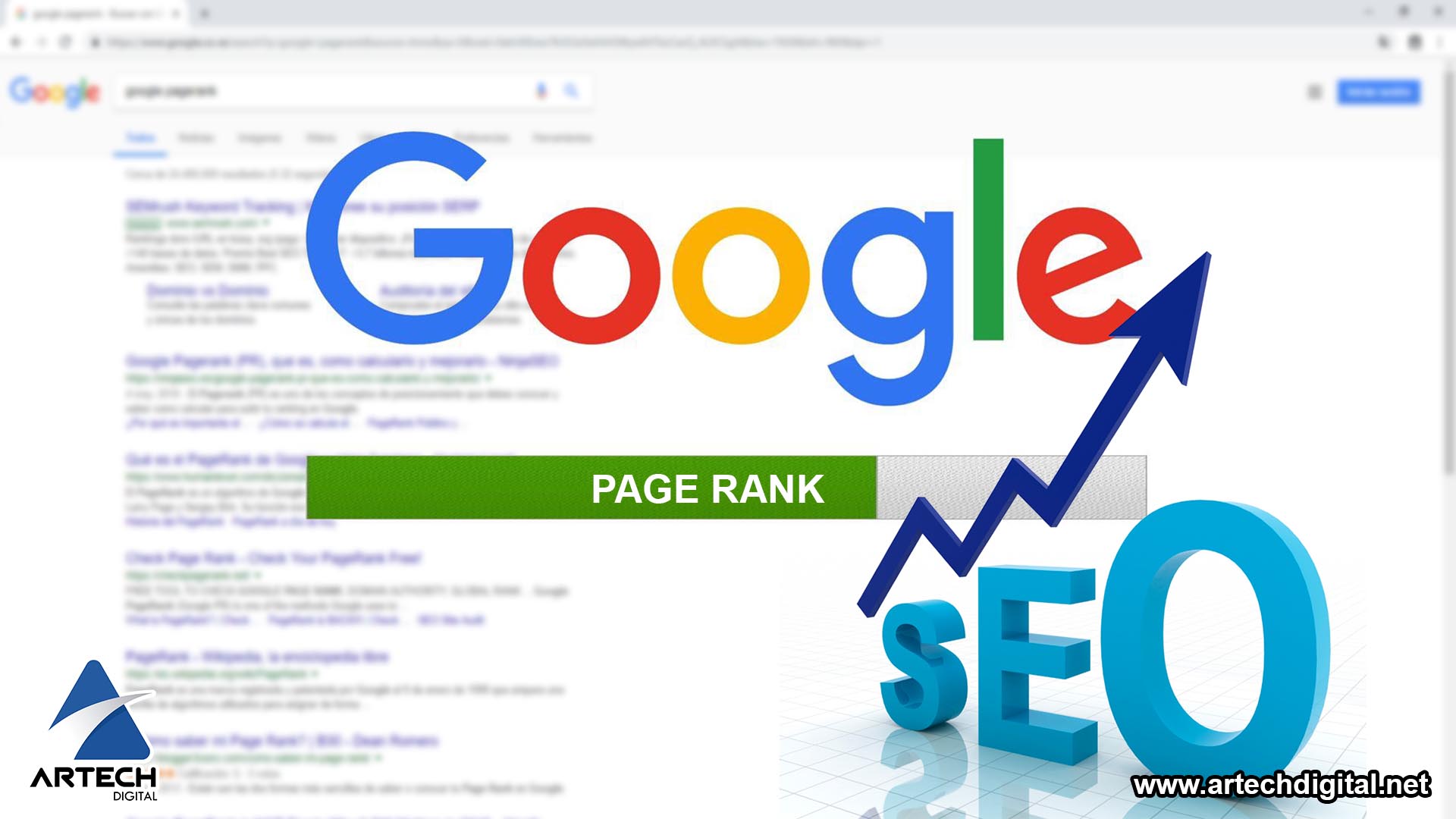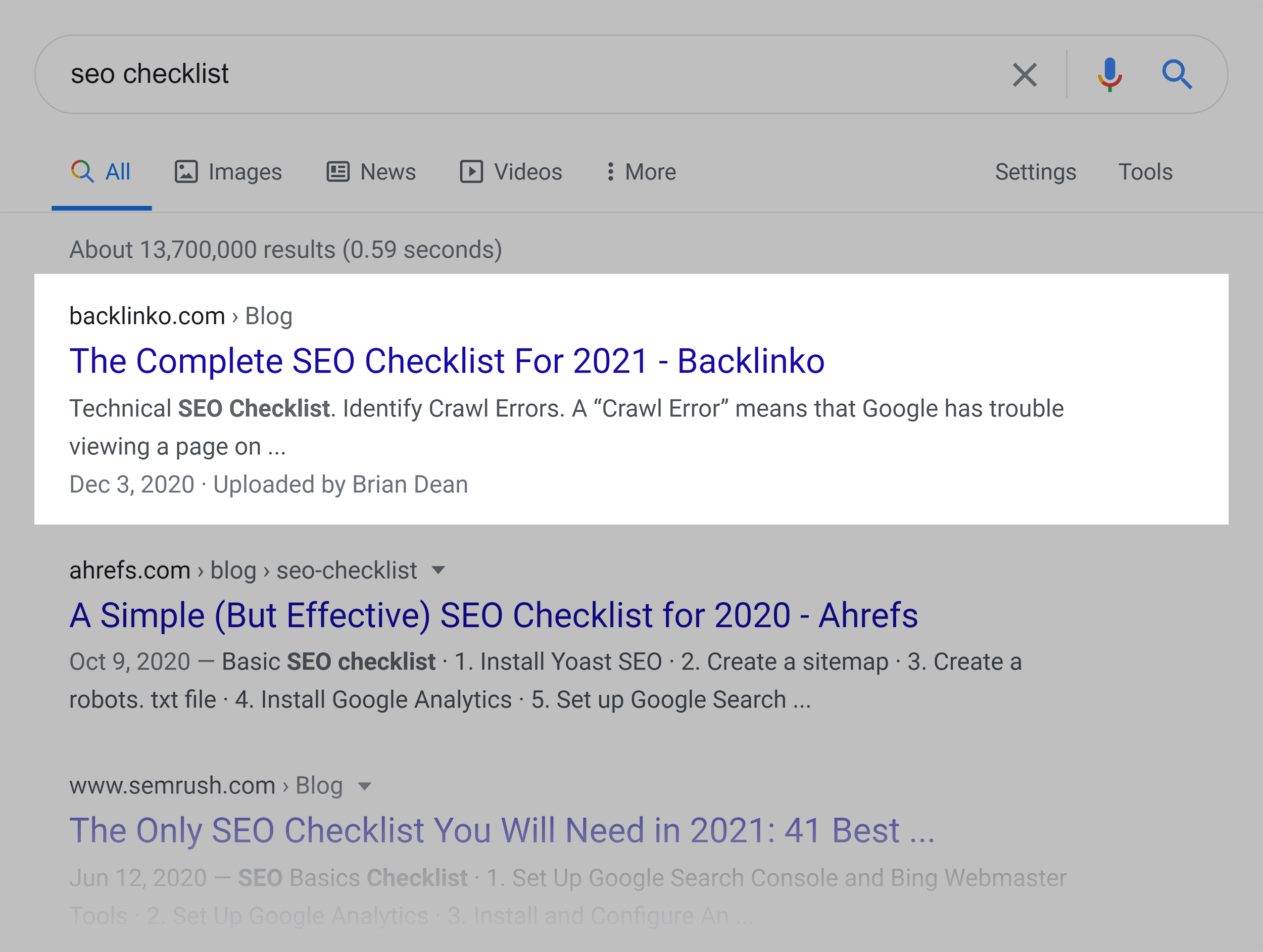How To Skyrocket Your Website's Success: Increase Page Rank In Google
Listen up, friends. If you're reading this, chances are you're on a mission to conquer the world of search engines and make your website shine brighter than ever. Increasing page rank in Google isn't just some random goal—it's the golden ticket to getting noticed, driving traffic, and building authority. Let's be real here, folks. Without a solid page rank, your site's basically a whisper in a hurricane. But don't sweat it. We're about to dive deep into the secrets that'll help you climb those rankings like a boss. So, buckle up and let's get started!
Now, I know what you're thinking. "Is this going to be another boring, overly technical guide?" Absolutely not! This is your ultimate cheat sheet to increasing page rank in Google, served with a side of sass and a sprinkle of real-world wisdom. Whether you're a newbie or a seasoned pro, there's something here for everyone. Let's make this journey fun, shall we?
Before we dive into the nitty-gritty, let me drop a little truth bomb. Ranking higher in Google isn't just about luck—it's about strategy, consistency, and knowing what works. Think of it like a game of chess, where every move counts. So, are you ready to play smart and win big? Let's roll!
- Crazyjamjam Onlyfans Leaks The Untold Story Behind The Viral Sensation
- Breaking Down The Mika Lafuente Sex Tape Controversy
Understanding the Basics: What Is Page Rank in Google?
Alrighty, let's start with the fundamentals. PageRank is Google's way of grading websites based on their importance and relevance. It's like a report card for your site, but instead of As and Bs, it's all about those sweet, sweet numbers. The higher your page rank, the more likely you are to show up in search results. Simple, right? But here's the kicker: it's not just about having a website. It's about having a website that Google loves.
So, what makes Google fall head over heels for a site? It's all about quality content, backlinks, user experience, and a bunch of other factors we'll get into later. Think of it as a recipe for success. You need all the right ingredients in the right proportions to make a delicious dish. And trust me, when Google smells something good, it'll rank you higher than you can imagine.
Why Does Page Rank Matter for Your Website?
Here's the deal: page rank matters because it directly impacts your site's visibility. The higher you rank, the more people will find you. And the more people who find you, the more chances you have to convert them into loyal visitors or customers. It's a beautiful cycle, my friends. But here's the thing—Google's algorithms are constantly evolving, which means you need to stay on your toes and keep up with the changes.
- Most Liberal Musicians The Voices Of Change In The Music World
- Emarrb Naked The Untold Story Thats Got Everyone Talking
Let's break it down. A high page rank means:
- Better visibility in search results
- Increased organic traffic
- Higher credibility and trustworthiness
- More opportunities for conversions and sales
See? It's not just about numbers. It's about building a solid foundation for your online presence. And who doesn't want that?
Top Strategies to Increase Page Rank in Google
Now that we've covered the basics, let's talk strategy. There's no one-size-fits-all approach to increasing page rank, but there are some tried-and-true methods that work wonders. Here's your ultimate toolkit for climbing the ranks:
1. Create Killer Content That Rocks
Content is king, and I don't mean that lightly. If you want to increase page rank in Google, you need to serve up content that's informative, engaging, and relevant. Think about it—Google wants to show users the best possible results. So, if your content is garbage, guess what? You're not getting ranked.
Here's how you can create content that crushes it:
- Research keywords that your audience is searching for
- Write long-form content that answers their questions
- Use multimedia like images, videos, and infographics to spice things up
- Update old content regularly to keep it fresh and relevant
Remember, it's not just about quantity—it's about quality. So, put your heart and soul into every piece you create. Your audience will thank you for it.
2. Build High-Quality Backlinks
Backlinks are like digital endorsements. When other reputable sites link to your content, it tells Google that you're trustworthy and valuable. But here's the catch—not all backlinks are created equal. You want quality over quantity. A single link from a high-authority site is worth more than a hundred links from spammy ones.
Here's how you can build backlinks the right way:
- Create shareable content that others will want to link to
- Reach out to influencers and ask for collaborations
- Guest post on other websites in your niche
- Monitor your competitors' backlinks and try to replicate their success
Building backlinks takes time and effort, but it's one of the most effective ways to boost your page rank. So, roll up your sleeves and get to work!
Optimizing Your Site for Maximum Impact
Now that we've covered content and backlinks, let's talk about optimizing your site for maximum impact. There are a bunch of technical factors that can make or break your page rank. Don't worry—I've got you covered.
3. Improve Your Site's Loading Speed
No one likes waiting around for a site to load, and neither does Google. If your site takes forever to open, you're losing potential visitors left and right. So, what can you do about it?
- Compress images to reduce file size
- Use a reliable hosting service that offers fast loading times
- Minimize JavaScript and CSS files
- Enable browser caching to speed up repeat visits
Improving your site's loading speed is a win-win situation. Your visitors will be happier, and so will Google. It's a no-brainer, really.
4. Optimize for Mobile Devices
We live in a mobile-first world, and Google knows it. If your site isn't optimized for mobile devices, you're missing out on a huge chunk of traffic. And let's be real here—nobody wants to pinch and zoom their way through a website.
Here's how you can make your site mobile-friendly:
- Use responsive design that adjusts to different screen sizes
- Test your site on various devices to ensure a seamless experience
- Keep navigation simple and intuitive
- Avoid using pop-ups that disrupt the user experience
Mobile optimization isn't just a nice-to-have—it's a must-have. So, make sure your site looks and feels great on any device.
Enhancing User Experience
User experience (UX) is another critical factor when it comes to increasing page rank in Google. If your site is confusing, cluttered, or hard to navigate, visitors will bounce faster than you can say "goodbye." And guess what? Google doesn't like that either.
5. Simplify Navigation
Navigation is the backbone of any website. If visitors can't find what they're looking for, they'll leave. It's as simple as that. Here's how you can simplify navigation:
- Use clear and concise menu labels
- Organize your content into logical categories
- Include a search bar for easy access to specific pages
- Avoid overwhelming visitors with too many options
Remember, simplicity is key. The easier it is for visitors to navigate your site, the longer they'll stay—and the higher your page rank will climb.
6. Focus on User Engagement
Engagement is all about keeping visitors hooked. Whether it's through interactive elements, social proof, or compelling calls to action, you want to make sure your site keeps people coming back for more.
Here's how you can boost engagement:
- Add social sharing buttons to encourage visitors to share your content
- Include testimonials or reviews to build trust
- Use pop-ups sparingly to offer value, not annoyance
- Encourage visitors to leave comments or subscribe to your newsletter
Engagement isn't just about numbers—it's about building relationships. So, focus on creating a site that people love to interact with.
Technical SEO for Page Rank Success
Let's dive into the technical side of things. While content and user experience are important, there are some behind-the-scenes factors that can make a huge difference in your page rank. Don't worry—I'll break it down for you.
7. Optimize Your Meta Tags
Meta tags are like little signals that tell search engines what your site is about. They include your title tag, meta description, and header tags. Here's how you can optimize them:
- Use your main keyword in your title tag
- Write compelling meta descriptions that encourage clicks
- Use H1, H2, and H3 tags to structure your content
Meta tags might seem small, but they play a big role in how your site is perceived by both users and search engines.
8. Implement Structured Data
Structured data, also known as schema markup, helps search engines understand your content better. It's like giving Google a cheat sheet to your site. Here's how you can implement it:
- Use schema markup for recipes, reviews, events, and more
- Test your structured data using Google's Structured Data Testing Tool
- Stay updated with the latest schema standards
Structured data can give you a competitive edge by making your site more visible in search results. So, don't skip this step!
Tracking and Measuring Success
Finally, let's talk about tracking and measuring your progress. You can't improve what you don't measure, right? Here's how you can keep tabs on your page rank:
9. Use Google Analytics and Search Console
Google Analytics and Search Console are your best friends when it comes to monitoring your site's performance. They provide valuable insights into traffic, keywords, and rankings. Here's how you can use them:
- Track organic traffic to see how many visitors are coming from search engines
- Monitor keyword rankings to see how well your content is performing
- Check for crawl errors and fix them promptly
These tools are free and easy to use, so there's no excuse not to take advantage of them.
10. Stay Updated with Algorithm Changes
Google's algorithms are constantly evolving, which means you need to stay informed about the latest updates. Here's how you can stay ahead of the game:
- Follow industry blogs and news sites for the latest SEO trends
- Join online communities to share knowledge and tips
- Experiment with new strategies and measure their impact
Staying updated is key to maintaining and improving your page rank. So, make it a habit to keep learning and growing.
Conclusion: Take Action and Watch Your Page Rank Soar
And there you have it, folks! Increasing page rank in Google isn't rocket science, but it does require a combination of strategy, effort, and persistence. By focusing on quality content, building backlinks, optimizing your site, enhancing user experience, and staying updated with the latest trends, you can take your site to new heights.
So, what are you waiting for? It's time to put these strategies into action and watch your page rank soar. Remember, the journey to success isn't always easy, but it's definitely worth it. Leave a comment below and let me know how you plan to boost your site's rankings. And don't forget to share this article with your friends and fellow website owners. Together, we can conquer the world of search engines!
Table of Contents:
- Understanding the Basics: What Is Page Rank in Google?
- Why Does Page Rank Matter for Your Website?
- Top Strategies to Increase Page Rank in Google
- Optimizing Your Site for Maximum Impact
- Enhancing User Experience
- Wasmo Futo Telegram The Ultimate Guide To Understanding Its Rise And Impact
- Drew Pritchard Wife The Love Story Behind The Scenes

Perfect Info About How To Boost Your Google Page Rank Officermember29

How To Improve Page Rank Google Soupcrazy1

How to Improve Your Google Rankings (Without Getting Penalized)